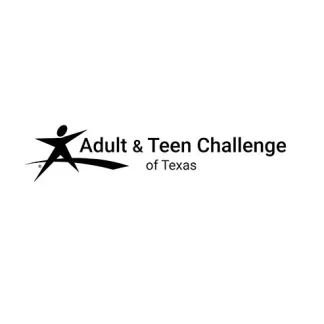Corpus Christi Men’s Rehab
Kingsville, Texas, 325 E. County Rd 2215, 78363
Available Programs
- Adolescence program
- Program for men
- Young adult program
About this Facility
The Corpus Christi Men’s Rehab is a faith-based adult addiction recovery program. Our mission is to provide a comprehensive Christian faith-based solution to life-controlling drug and alcohol additions. Most of the staff leadership are themselves graduates of the program. Men receive room and board, group and individual biblical counseling, parenting classes, spiritual support, relapse prevention, anger management, drug and alcohol education, and social/recreational activities as well as vocational rehabilitation and sober living for program graduates.
Corpus Christi Men’s Rehab’s dream is to put hope within reach of every addict or at-risk youth by offering life transformation through our caring, Christ-centered program.
Through our proven solutions for life-controlling addictions, our hope is that every Corpus Christi Men’s Rehab student will become a productive member of society. Mentally sound. Emotionally balanced. Physically well. Spiritually alive.
Corpus Christi Men’s Rehab, part of Adult & Teen Challenge of Texas, is a faith-based solution for the drug epidemic. The scope of Adult & Teen Challenge has grown over the years, and now serves adults as well as teenagers. There are just under 200 Adult & Teen Challenge campuses in the United States, and over 1000 centers worldwide in close to 90 countries, which provide Christian recovery services to individuals of every age and social background. Typically, these services are long-term residential recovery centers that provide a life-encompassing environment through which the participant is able to change their lifestyle and develop a plan for a future free from addiction. Another core tenet of Adult & Teen Challenge is drug abuse prevention, which educates young adults on the dangers and reality of drug abuse in our society.
Contact us for more information: (361) 296-3864

Contact Corpus Christi Men’s Rehab
Connect with Corpus Christi Men’s Rehab by calling their admissions team directly.
(361) 296-3864 Website Get Directions